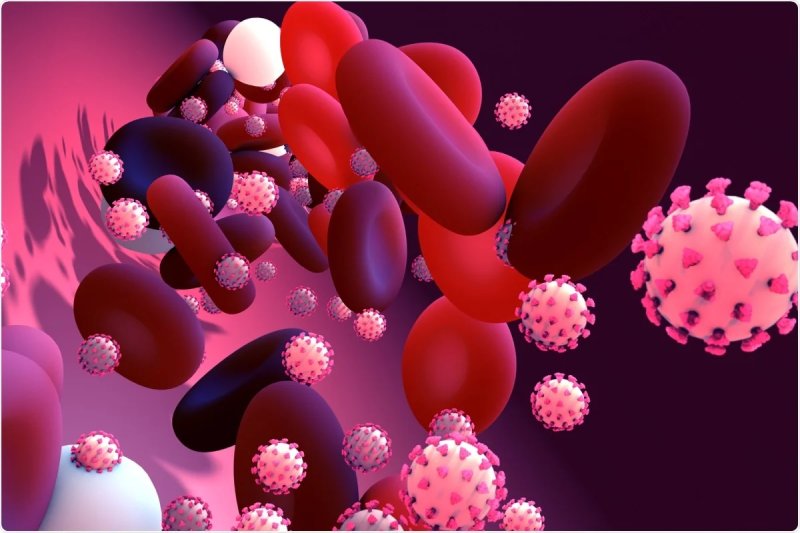Four pancreatic injury safety biomarkers identified and evaluated by C-Path’s Predictive Safety Testing Consortium’s (PSTC) Pancreatic Injury Working Group (PIWG) received a Biomarker Letter of Support (LOS) from the Biomarker Qualification Program (BQP) at the Center for Drug Evaluation and Research (CDER) of the U.S. Food and Drug Administration (FDA).
The ability to detect and monitor drug-induced pancreatic injury (DIPI) will be improved by this collection of biomarkers, allowing for better decision-making regarding dosing in new drug clinical trials.
The microRNAs (miRNAs) in question are the miR-216a, miR-216b, miR-217, and miR-375. In phase 1 clinical trials, when preclinical data suggest the potential to cause DIPI, the four novel biomarkers represent sensitive tools to detect DIPI in conjunction with the current standard biomarkers, amylase and lipase.
Sensitive DIPI biomarkers enable earlier detection of potential harm and determine whether a novel therapy can be monitored for potential harm in humans more effectively than the alternatives currently available. This will optimize the overall cost of clinical development of new drugs while also increasing the safety of healthy volunteers and patients and increasing the accuracy of clinical monitoring.
In its LOS, FDA stated, “We support PSTC’s initiative to encourage the voluntary and complementary use of these miRNAs in conjunction with amylase and lipase as exploratory nonclinical and clinical biomarkers of DIPI. We also support PSTC’s generation of additional nonclinical toxicology data and plan for exploratory early clinical studies to enable future formal qualification of these safety biomarkers.”
Senior Director, Systems Toxicology, Nonclinical Drug Safety at Merck & Co., Inc. and PSTC PIWG Co-Chair Warren Glaab, Ph.D., indicated, “The FDA Letter of Support is a significant milestone demonstrating the added value of emerging safety biomarkers for drug-induced pancreatic injury. This also represents the first endorsement of miRNAs as safety biomarkers to monitor the onset of drug-induced injury. The Letter of Support also provides the foundation for further translation to clinical settings and will further enable clinical qualification of these safety biomarkers.”
Michael Ringenberg, Ph.D., Senior Scientific Director, Pathology, at GlaxoSmithKline and PIWG Co-Chair, said, “Through the identification of promising monitorable parameters, this LOS reinforces our consortia’s commitment to strengthened vigilance over drug safety in patients.”

 Diabetology2 weeks ago
Diabetology2 weeks ago
 Diabetology2 weeks ago
Diabetology2 weeks ago
 Diabetology2 weeks ago
Diabetology2 weeks ago
 Diabetology1 week ago
Diabetology1 week ago
 Diabetology3 days ago
Diabetology3 days ago
 Diabetology2 days ago
Diabetology2 days ago
 Diabetology2 days ago
Diabetology2 days ago
 Diabetology12 hours ago
Diabetology12 hours ago



